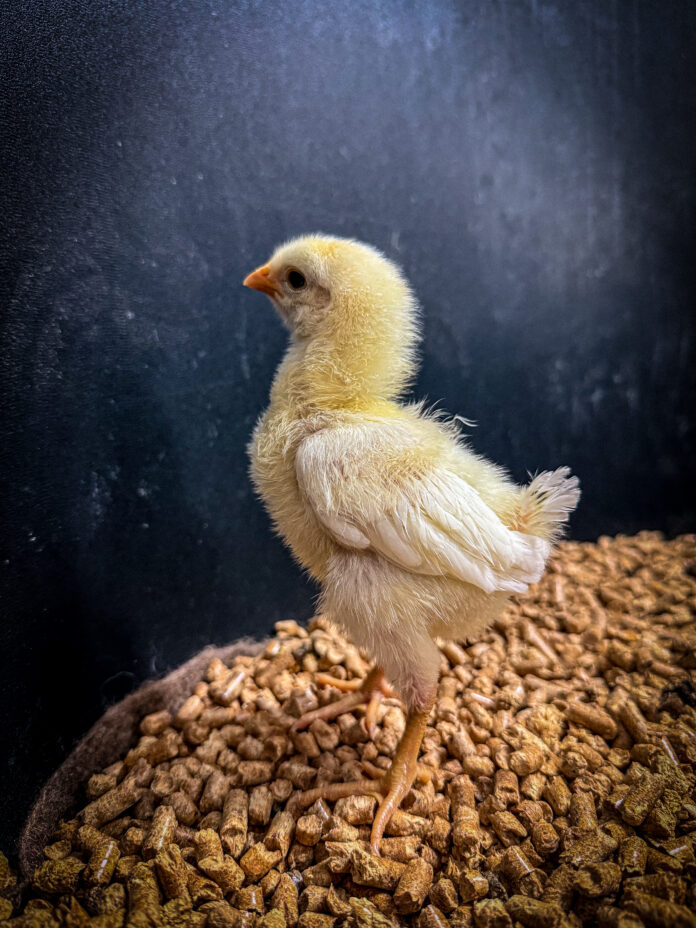DALLAS– Colossal Biosciences announced a major milestone in its effort to bring back the dodo, reporting the world’s first successful culture of pigeon primordial germ cells (PGCs), a critical step in avian reproductive science. The company also secured an additional $120 million in funding, expanding its Series C round to $320 million and raising its total funding to more than $555 million since 2021. The new capital brings Colossal’s valuation to $10.32 billion.
The company’s Avian Genetics Group developed culture conditions that allow pigeon PGCs to grow long term, overcoming a decades-long barrier in avian cell biology. These cells are essential to producing genetically edited sperm and eggs, which can ultimately be used to create new generations of birds. Until now, PGC culture had only been achieved in chickens and geese, limiting the scope of avian genome engineering. Colossal’s breakthrough opens the door to applying these technologies in pigeons and other species, accelerating progress toward the revival of the dodo.
“This progress highlights how Colossal’s investment in de-extinction technology is driving discovery and developing tools for both our de-extinction and conservation efforts,” said Ben Lamm, co-founder and Chief Executive Officer. “Following global excitement around our recent moa announcement, this infusion of capital will help us expand our infrastructure and accelerate work on both the moa and dodo projects.”
The company has also created gene-edited chickens that will serve as surrogates for dodos and other endangered species, established a breeding colony of Nicobar pigeons in Texas, and generated new avian genome sequences for the tooth-billed pigeon, Rodrigues solitaire, and Nicobar pigeon. These resources will support the identification of dodo-specific genetic traits and guide gene editing strategies.
Anna Keyte, Avian Species Director at Colossal, noted that existing protocols for chicken PGCs had failed in other birds. “Our discovery of a recipe for pigeons dramatically expands avian reproductive technologies and is the foundation for our dodo work,” she said. The team tested more than 300 combinations of growth factors and nutrients before achieving success, and confirmed that the cultured cells migrate correctly in surrogate embryos.
Colossal has also established the Mauritius Dodo Advisory Committee, composed of scientists, conservationists, cultural leaders, and government representatives, to guide conservation and rewilding efforts in Mauritius, the dodo’s native habitat. Devina Lobine, Ph.D., Chair of the Committee and Research Officer at the Mauritius Institute of Biotechnology, said, “This journey is more than reviving a lost species—it is about honoring our island’s unique heritage.”
Beth Shapiro, Chief Science Officer at Colossal, emphasized the broader conservation implications of the work. “By developing these protocols, we’re establishing crucial biobanking capabilities and opening new possibilities for the genetic rescue of endangered species,” she said.
The advances mark a significant leap forward for Colossal’s avian research, setting the stage for genetically edited birds to be produced using surrogate chickens and bringing the world closer to seeing the dodo return for the first time in nearly three centuries.


